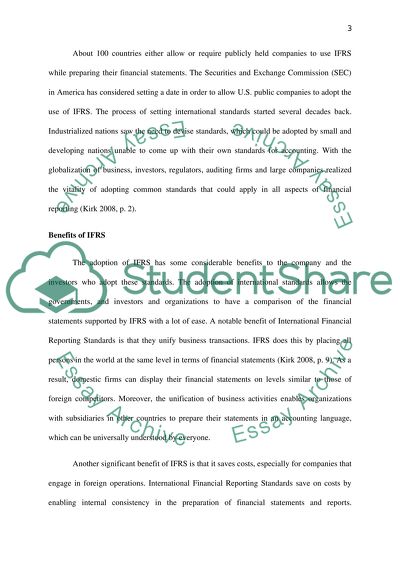Cite this document
(Financial Statements in Accordance with the Generally Accepted Account Term Paper, n.d.)
Financial Statements in Accordance with the Generally Accepted Account Term Paper. Retrieved from https://studentshare.org/finance-accounting/1597165-ifrs-international-financial-reporting-standards
Financial Statements in Accordance with the Generally Accepted Account Term Paper. Retrieved from https://studentshare.org/finance-accounting/1597165-ifrs-international-financial-reporting-standards
(Financial Statements in Accordance With the Generally Accepted Account Term Paper)
Financial Statements in Accordance With the Generally Accepted Account Term Paper. https://studentshare.org/finance-accounting/1597165-ifrs-international-financial-reporting-standards.
Financial Statements in Accordance With the Generally Accepted Account Term Paper. https://studentshare.org/finance-accounting/1597165-ifrs-international-financial-reporting-standards.
“Financial Statements in Accordance With the Generally Accepted Account Term Paper”, n.d. https://studentshare.org/finance-accounting/1597165-ifrs-international-financial-reporting-standards.


